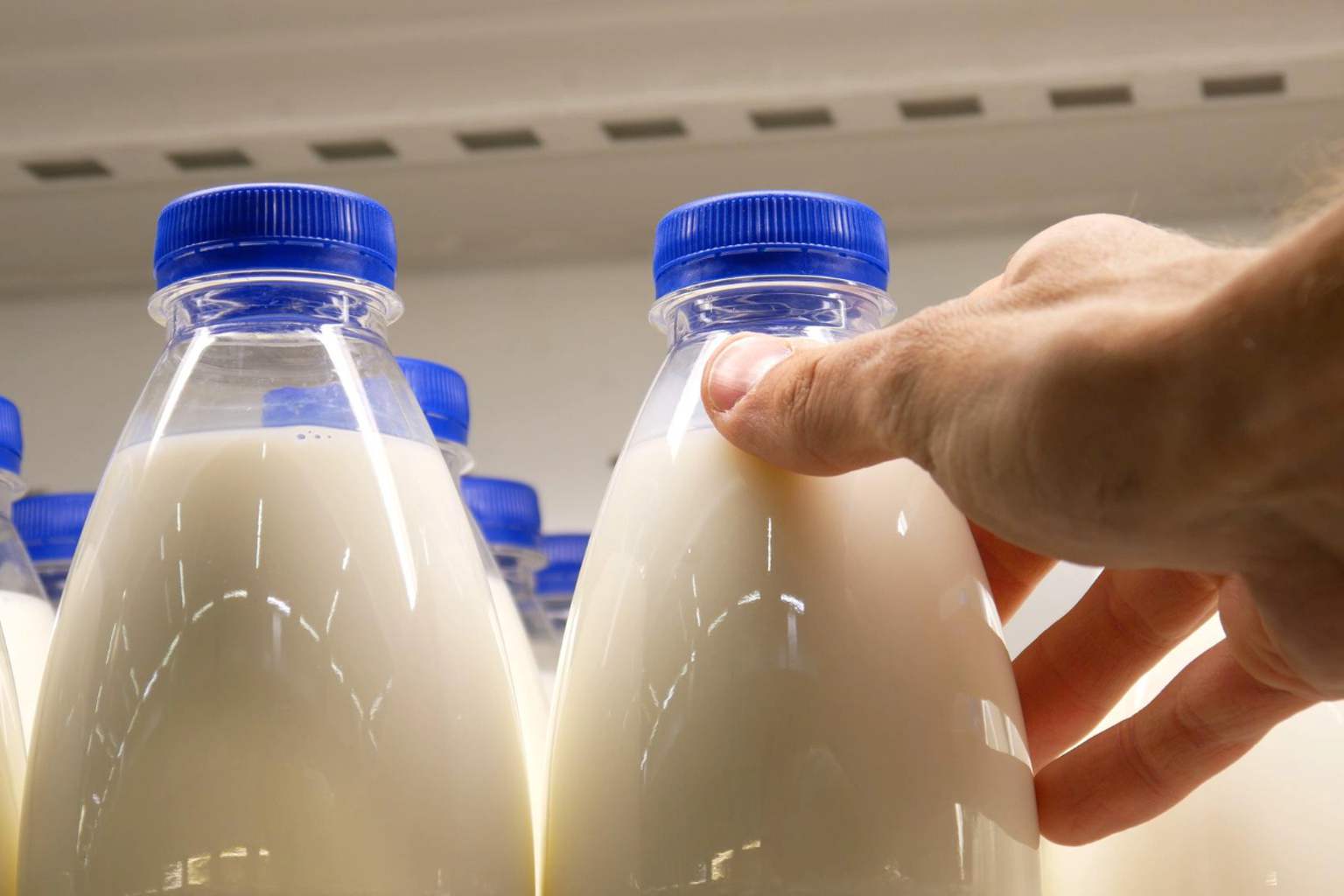For anyone living with diabetes, even the smallest daily decisions—like the milk you pick—can make a big difference. It’s not just about taste or pairing milk with your morning coffee or cereal; every sip can affect your blood sugar, your weight, and your heart health. Choosing the right milk isn’t as simple as it seems. Should you go for plant-based or dairy milk? Whole or skim? What about trendy options like oat or soy milk? Let’s dive into what matters most so you can protect your health with every pour.
Why some milks aren’t diabetes-friendly
Managing diabetes means paying attention to more than just sugar. The amounts of carbohydrates, saturated fats, and total calories you consume play a big role in controlling blood sugar levels and preventing complications. Milk contains a mix of these components—some types are higher in sugars, while others pack more saturated fat. For people who need to monitor their blood sugar closely, this can quickly become a challenge.
In France, around 1 in 23 people live with diabetes, illustrating how critical it is to make wise choices. Picking the wrong type of milk might seem harmless, but it can actually lead to long-term health issues. Remember, not every milk is created equal when it comes to managing diabetes.
What to look for: nutritious but low-calorie milk options
Experts often recommend skim or low-fat milk for those with diabetes. These varieties have fewer calories, less saturated fat, and lower carbohydrate content compared to whole milk. Choosing them can help keep your weight in check—an important factor in maintaining steady blood sugar levels.
It’s a common mistake to assume switching to plant-based milks automatically solves the problem. Many of these beverages contain added sugars or thickening agents that can raise your blood sugar unexpectedly. Always study nutrition labels carefully! Opt for milks with no added sugars and moderate carbohydrate content that suit your personal health needs.
The ideal milk: light, fat-free, and tailored to your health
While there’s no one-size-fits-all milk for diabetes management, a general recommendation is about 8 ounces of skim or low-fat milk daily—without added sugars. This choice offers essential nutrients like calcium, vitamin B12, magnesium, and riboflavin without extra calories from fat.
For people who are lactose intolerant, lactose-free versions can provide the same nutritional benefits without digestive discomfort. Proper diabetes care balances keeping blood sugar steady and managing weight, and your milk selection should support these goals.
Personalization matters, too. Each person’s body reacts differently. Consulting a healthcare professional like a dietitian or endocrinologist can help you pick the best milk considering your lifestyle, medication, and overall health.
Understanding plant-based milks with diabetes in mind
Many people with diabetes avoid animal-based milks for various reasons. If that’s you, almond milk without added sugar is often the top choice. It’s low in carbs, calories, and free of lactose. Plus, its low glycemic index means minimal impact on blood sugar.
Unsweetened soy milk is another strong option. It offers more protein and vitamin B12 but always check labels to avoid hidden sugars and additives.
Oat milk is beloved for its creamy texture and flavor that resemble regular milk. However, it contains more carbohydrates and is less ideal for those needing tight blood sugar control.
Goat’s milk as a lesser-known alternative
Goat’s milk might surprise you. It offers about 8 grams of protein per cup and roughly 11 grams of carbohydrates. It also contains medium-chain fatty acids, which are metabolized more easily by the body.
That said, like all milk choices, it should fit well into your total daily carbohydrate and calorie intake. It’s wise to monitor how goat’s milk affects your blood sugar and energy balance with the help of your healthcare team.
A personal note: I once switched my morning coffee to oat milk, thinking it was healthier. Within weeks, I noticed my blood sugar was more erratic. A closer look at the nutrition labels showed the carbs were higher than I expected. That experience taught me how vital it is to read labels carefully and get professional advice when changing your diet—especially when managing something as delicate as diabetes.
What milk works best for you? Have you been surprised by any milk choices? Share your stories or tips below—we’d love to hear how you find the perfect sip to support your health!
Sources:
Inserm – Diabetes data in France
